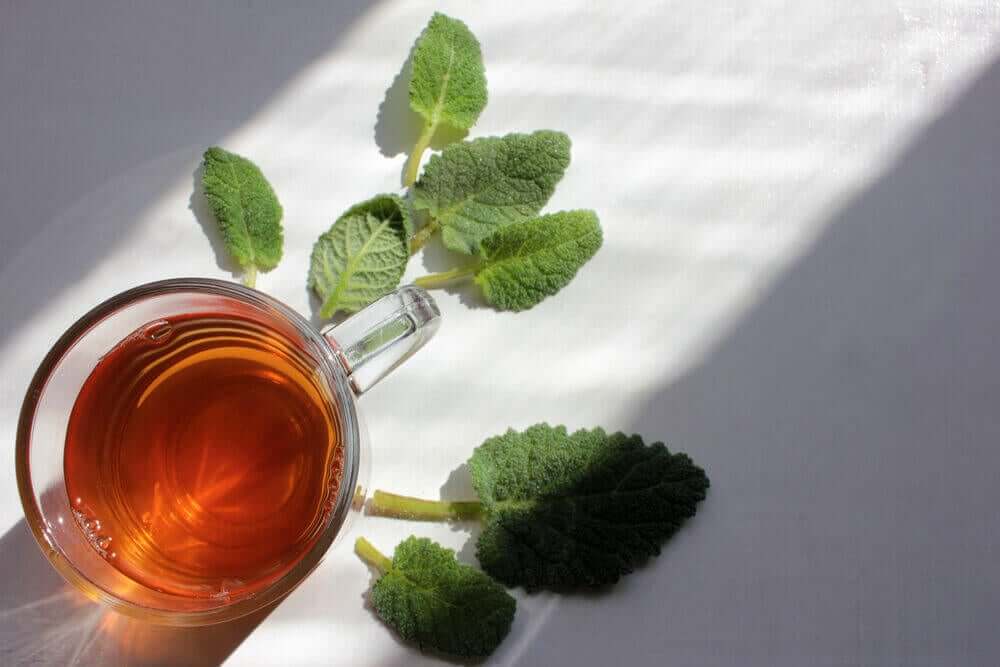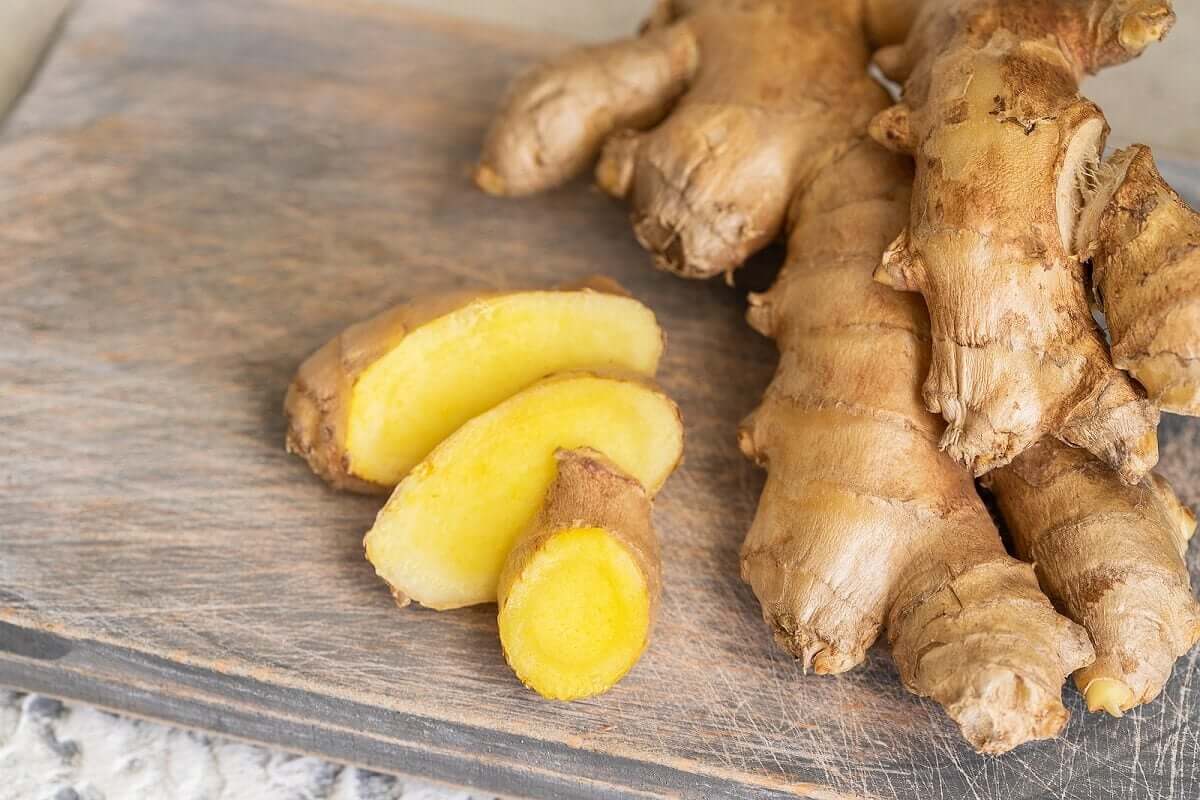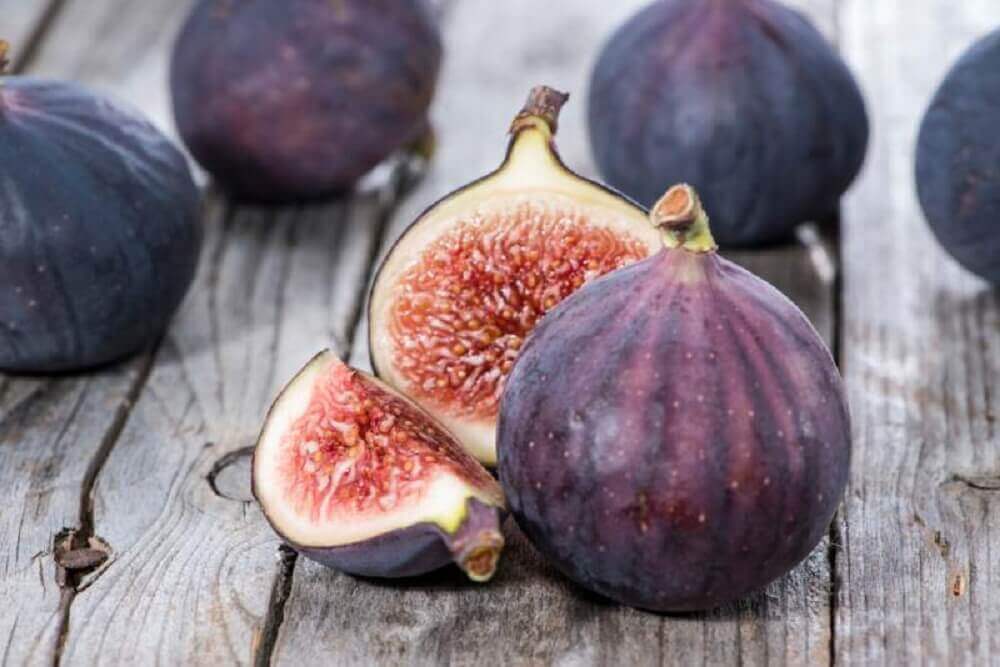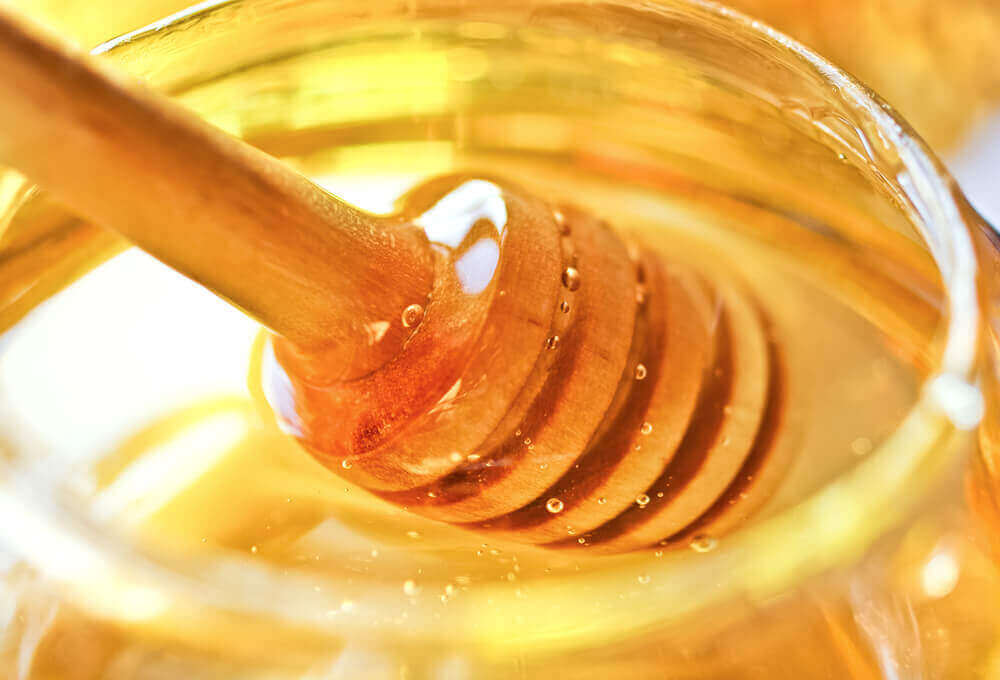Treat Wheezing with These Natural Remedies


Written and verified by the doctor Nelton Abdon Ramos Rojas
Wheezing is a high-pitched sound (whistling) that occurs during breathing when there’s an obstruction at any point in the airway when it’s partially blocked. Its most common causes are asthma and bronchitis. In other cases, the cause may be heart failure or a severe allergic reaction.
Dr. Lechtzin notes that the primary goal of treatment is resolving of the underlying disorder (i.e., the cause) and adds that “long-term control of persistent wheezing caused by asthma may require inhaled corticosteroids, mast cell stabilizers, and leukotriene receptor antagonists.”
To learn more: Natural Remedies to Strengthen the Lungs
Home remedies for wheezing
Various home remedies have come to be recommended in the popular sphere for the relief of certain discomforts. However, these remedies are neither a solution for wheezing nor are they foolproof options. They have no scientific basis, but are speculative. It’s therefore advisable to consult a physician before considering using them as an adjuvant treatment.
1. Sage

To take the best advantage of sage, we can make ourselves a sage vapor, for example.
Ingredients
- 5 tablespoons of white sage leaves
- Water (as much as necessary)
Preparation
- Firstly, put the white sage in a pan and heat it until it boils.
- Then, when it comes to a boil, bring your face close to the vapor and cover your head with a towel. Breathe in the vapors for 15 minutes. Most importantly, be careful not to burn yourself.
- Note that you can do the same thing with eucalyptus leaves.
3. Turmeric
Turmeric is said to be a have anti-inflammatory properties. Therefore, it may be helpful in relieving the inflammation that may be causing wheezing and other discomfort.
Ingredients
- 1 tablespoon of turmeric
- 1 teaspoon of water
Preparation
- Place the turmeric and water into a bowl.
- Then, mix to form a paste.
- Apply to the chest as a poultice.
- Lastly, lace a warm cloth on the chest and let it sit for 10 minutes.
4. Ginger

Ginger also possesses anti-inflammatory properties. Therefore, many claim that it’s useful in treating cases of congestion and various discomforts, such as wheezing.
According to popular belief, gingerol, has the capacity to relax the muscles and will keep you from gasping for air or the having the feeling of a “closed chest.”
- We recommend that you grate a bit of ginger in your salads, soups, or infusions to enjoy its benefits.
- However, don’t use too much, since its flavor can be somewhat overpowering, like its aroma.
5. Mustard seeds
Mustard seeds are another homemade remedy effective for treating wheezing. They’re said to be decongestants that improve the respiratory condition and reduce the effects of asthma. They’re used in a similar way that turmeric is used.
Ingredients
- 2 tablespoons of mustard seeds
- 1 teaspoon water
Preparation
- Put the mustard seeds in a mortar and pestle with the water.
- Then, mash them until they form a paste.
- Apply to the chest.
- Next, cover with a warm cloth ( as hot as possible).
- Let sit for 15 minutes.
You can also use the mustard essential oil that’s available in whole food stores. It is recommended that you heat the paste a bit before applying to the chest in circular movements.
6. Figs

Figs aren’t only nutritious and delicious, they may also improve respiratory health by eliminating phlegm and mucous.
Although eating them periodically is said to be essential for people with asthma or wheezing, there is no scientific evidence to indicate that they actually provide any particular benefit.
Figs can be consumed as part of a balanced diet and obtain, as a whole, the benefits of a good diet.
7. Onions
Like garlic, onion is said to be a good remedy for congestion and other ailments. However, there’s no evidence that this food, by itself, provides any benefit for respiratory ailments.
Many say that onion stimulates expectoration and decongestion and that it’s a kind of “natural antibiotic”.
Visit this article: 2 Great Cough Remedies with Honey and Onions
8. Honey

It’s said that honey is an anti-inflammatory and anti-bacterial remedy. And it’s considered to have the ability to fight the bacteria that cause such annoying symptoms as cough; moreover, it facilitates the elimination of phlegm.
Always include the remedies as part of a healthy lifestyle
Although these types of remedies are popularly recommended to treat wheezing, you should always keep in mind that they don’t have scientific validity and that their basis is merely speculative.
If you want to try them, try to consult your doctor first and, if they authorize them, remember that it’s best to include them in a healthy lifestyle in order to obtain real benefits.
All cited sources were thoroughly reviewed by our team to ensure their quality, reliability, currency, and validity. The bibliography of this article was considered reliable and of academic or scientific accuracy.
- Aguilera Zamarroni, F., & Huerta López, J. G. (2016). Sibilancias tempranas recurrentes y factores de riesgo para el desarrollo futuro de asma. Alergia, Asma e Inmunología Pediátricas, 25(1), 12-23.
- Castro-Rodríguez, J. A. (2006). ¿ Cómo evaluar el riesgo de asma bronquial en lactantes y preescolares?. Archivos de Bronconeumología, 42(9), 453-456.
- Romero-Tapia, S. D. J. (2002). Prevención de alergia y Asma. Salud en Tabasco, 8(2), 83-86.
- Yocum, R. F. (2003). Registros de enfermería: Cuidados de calidad. Nursing (Ed. española), 21(3), 22-27.
This text is provided for informational purposes only and does not replace consultation with a professional. If in doubt, consult your specialist.








